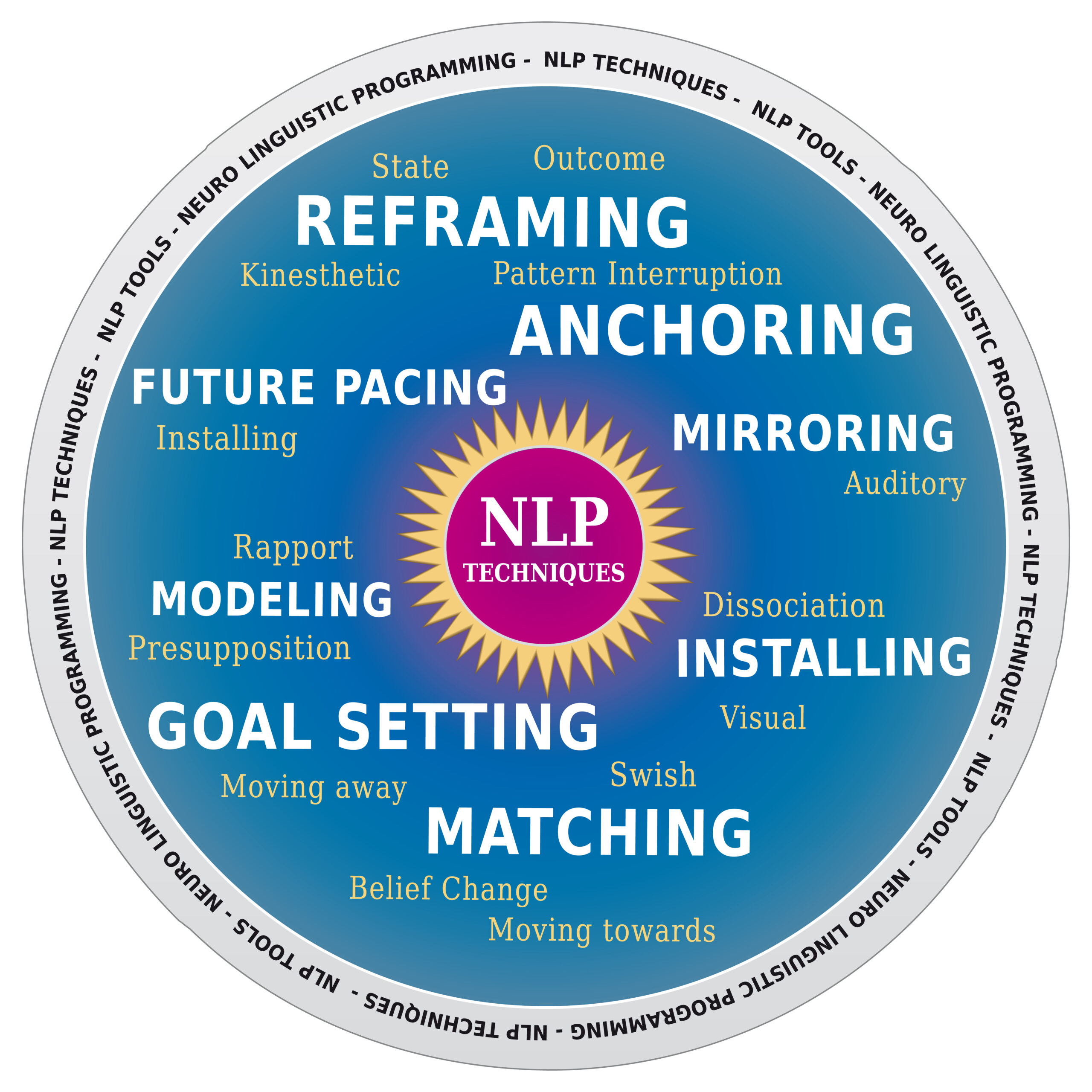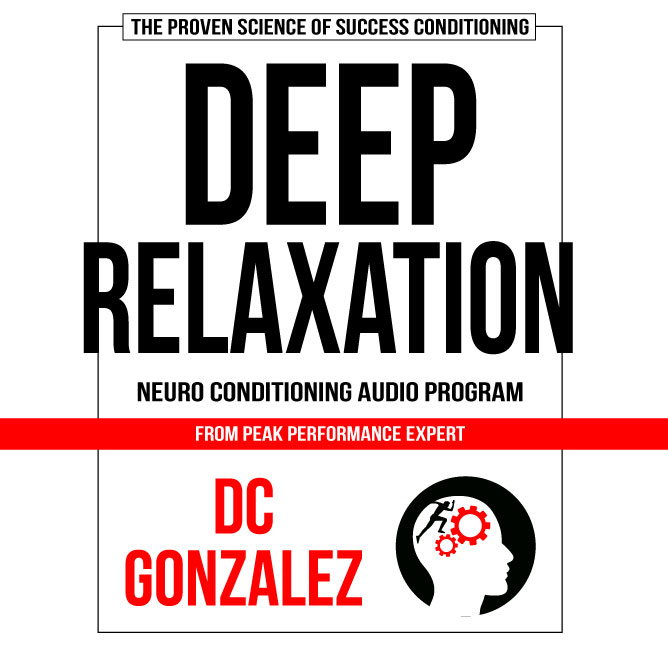What is Neuro-Linguistic Programming? Neuro-Linguistic Programming (NLP) is a revolutionary method of self-enhancement that has been adopted by leading influencers in the domains of self-improvement, athletic mentoring, and peak performance industries.
Tony Robbins, a globally renowned specialist in self-help and author, has proclaimed NLP to be “an incredibly potent technology for initiating a transformation.” Moreover, Michael Grinder, a sports coach, and author, has utilized NLP techniques to instruct elite athletes on mental and emotional toughness. Furthermore, the deceased Wayne Dyer, a pioneer in the self-help industry, also found NLP to be a valuable means of metamorphosing his life, as well as the lives of his disciples.
In this article, we shall delve into the origins and tenets of NLP, along with its advantages. Let’s get started!

What is Neuro-Linguistic Programming?
NLP was developed in the 1970s by Richard Bandler and John Grinder, who studied successful therapists and communicators to understand the techniques they used. They observed that these individuals used certain methods to build rapport, change negative thought patterns, and achieve their overall goals.
NLP practitioners use a range of techniques to help individuals make positive changes. Specifically, these include building rapport with others, using sensory acuity to understand nonverbal cues, and using language patterns to influence individuals’ thoughts and emotions.
How NLP Works?
Neuro-Linguistic Programming (NLP) is based on the powerful idea that our thoughts, feelings, and actions are all connected. This field uses a wide range of secret ways to change the way people think and talk to help them live better lives.
- One of the central techniques employed in NLP is rapport building. This entails developing trust and empathy between individuals, fostering a robust connection, and enhancing overall communication efficacy.
- Sensory acuity, an essential technique employed in the captivating field of NLP, is nothing short of a remarkable feat. This technique demands an escalated level of vigilance towards sensory stimuli from our surroundings, encompassing the very realms of visual, auditory, and tactile cues. The pre-eminent ability that sensory acuity bestows upon individuals is a heightened sense of self-awareness, coupled with an unfaltering aptitude to discern the convoluted nuances of others’ thoughts and behaviors.
- Language patterns are also a crucial element of NLP. Language patterns refer to the words and phrases utilized in communication with others. By using specific language patterns, individuals can elicit positive changes within themselves and others. For instance, by reconfiguring negative thoughts into positive ones, individuals can alter their perspective and foster a more optimistic outlook on life.
- NLP additionally incorporates visualization and other imagery-based techniques. Visualization entails generating a mental image of a desired outcome and then visualizing the steps needed to attain it. By engaging in visualization exercises, individuals can establish a positive frame of mind and bolster their motivation to achieve their goals

The Benefits of Neuro-Linguistic Programming
NLP, with its ability to help individuals achieve their goals and improve their communication skills, has been widely accepted by individuals and organizations worldwide. Some of the key benefits of NLP include:
- overcoming limiting beliefs and negative thought patterns
- improving communication skills, and building stronger relationships
- enhances emotional intelligence and empathy
- improves problem-solving skills
- boosts confidence and self-esteem
- increases motivation and goal-setting skills
- reduces stress and anxiety
- Improves quality of life/well-being
NLP techniques can be applied in various settings, including business, education, therapy, and personal development. NLP practitioners work with individuals to identify their goals and develop a plan to achieve them. They use a variety of techniques and language patterns to create positive change, such as reframing, anchoring, and metaphors. NLP practitioners can work with individuals one-on-one or in group settings to provide tailored support and guidance.
How to Get Started with Neuro-Linguistic Programming
Neuro-Linguistic Programming (NLP) is a field full of complexities and mysteries that can be confusing and hard to understand. But don’t worry, because you have a lot of different tools at your disposal to help you improve yourself and your career. Here are some extraordinary and mind-boggling steps you can take to start your NLP journey:
Research
Commence your quest by delving deep into the vast ocean of resources available to you. More specifically, numerous books, websites, and online courses abound, each offering a unique perspective on NLP and its intricate techniques. Allow yourself ample time to explore these resources and meticulously identify the ones that truly resonate with your innermost being.
Find a Practitioner
Enlisting the aid of a certified NLP practitioner is an excellent way to initiate your journey. A practitioner will assist you in identifying your objectives and collaborate with you to develop an action plan to actualize them. Moreover, they will guide you through the labyrinthine techniques of NLP and provide valuable feedback to facilitate the honing of your skills.
Attend a Workshop
NLP workshops provide an immersive and stimulating experience, allowing you to hone your skills in a supportive and collaborative environment. These workshops are often led by certified NLP practitioners and provide an opportunity to connect with individuals who share your interest in personal and professional development.
Practice
Like any skill, mastering NLP techniques necessitates persistence and consistent practice. Dedicate the time to practice NLP techniques regularly and assimilate them into your daily routine. Whether practicing solo, with a partner or in a group setting, the key is to remain persistent and committed to honing your craft.
By undertaking these rigorous and arduous steps, you can initiate your journey with NLP and begin to reap the numerous benefits it bestows. Whether striving to enhance your communication skills, forge stronger relationships, or realize your objectives, NLP is a powerful tool that can aid you in achieving your goals.
Conclusion
In conclusion, NLP, a collection of principles and techniques, boasts the ability to facilitate life-altering transformations. Through the implementation of rapport-building techniques, sensory acuity, and language patterns, NLP practitioners can assist individuals in surmounting obstacles, attaining goals, and enhancing their overall well-being.
The benefits of NLP are certainly copious and multifarious, encompassing improved communication skills, fortified relationships, heightened emotional intelligence, and mitigated stress and anxiety. NLP techniques have the potential to be utilized across a wide array of domains, from the commercial and academic spheres to the therapeutic and self-improvement arenas.
All in all, NLP is an adaptable and dynamic instrument for personal and professional advancement that can facilitate individuals in the realization of their fullest potential. Whether one’s aspiration is to overcome limiting beliefs, refine communication, or attain objectives, NLP is a resource that can aid in the creation of positive alterations in one’s life.






